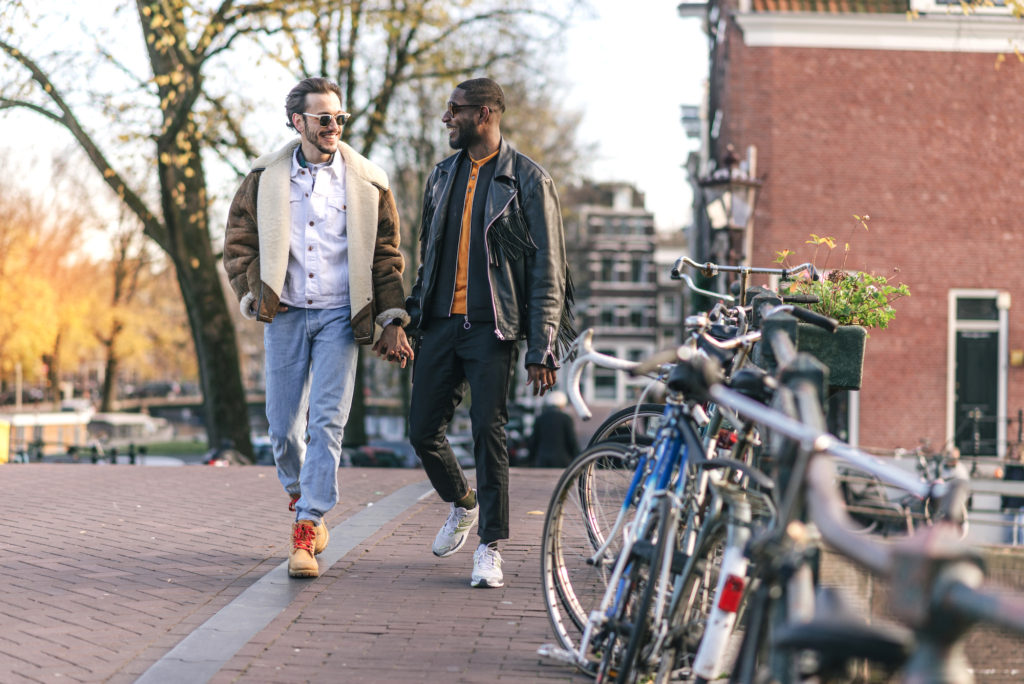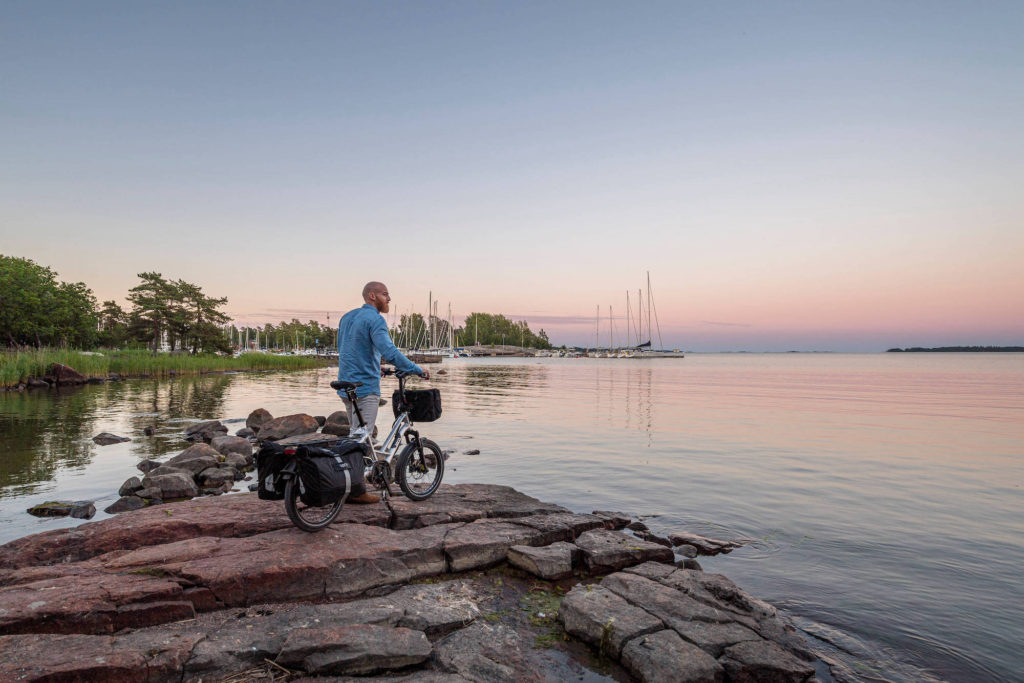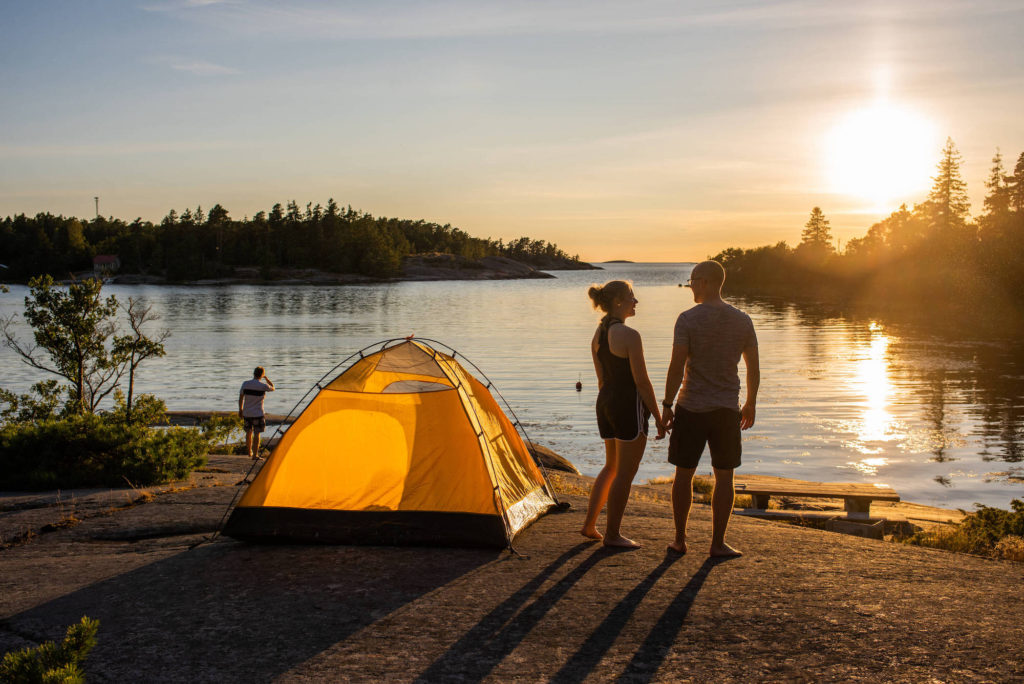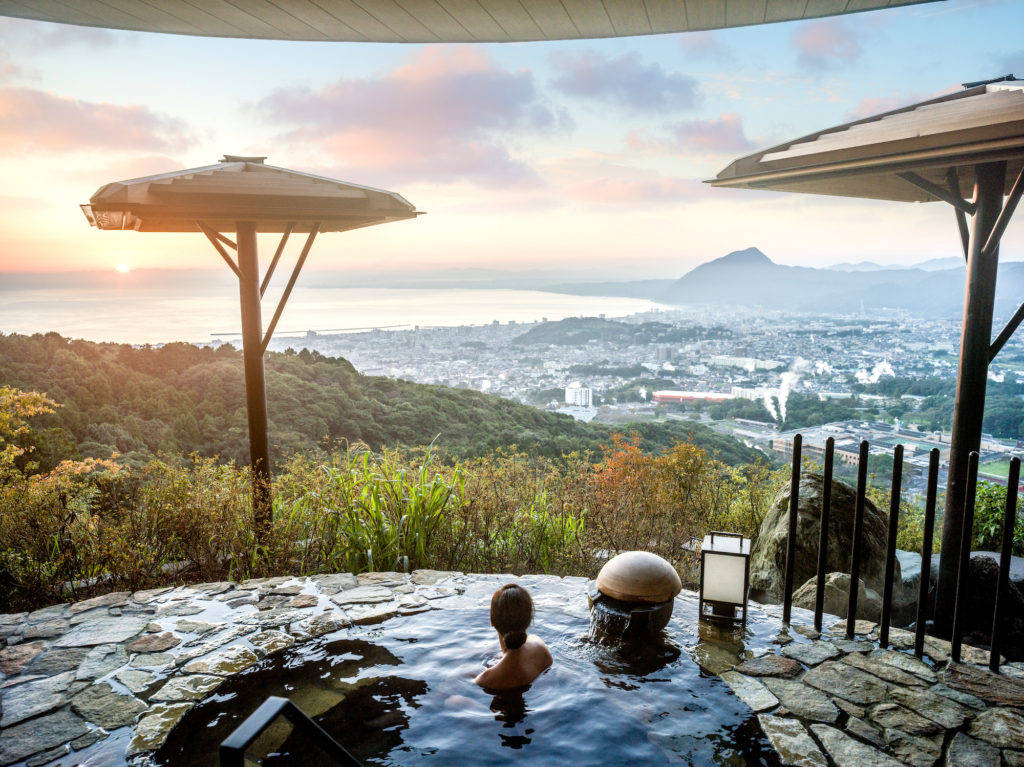73% of US travelers think sustainable travel is crucial, with 46% saying the pandemic has made them want to travel more sustainably in the future. This is according to Booking.com, a travel booking platform that recently published a report that reveals how the ‘pandemic effect’ could finally tip sustainable travel intent into impactful action.
The research offers insights gathered from more than 29,000 travelers across 30 countries, suggests that the pandemic has been the tipping point for travelers to finally commit to their own sustainable journey, with 63% of US travelers believing people have to act now to save the planet for future generations.

As the world of travel starts to open up again, Booking.com’s 2021 Sustainable Travel Report reveals that American travelers are more committed than ever to do so in a mindful way, with just under half (46%) stating that the pandemic has influenced them to want to travel more sustainably in the future and almost half (42%) admitting that the pandemic has shifted their attitude to make positive changes in their everyday lives, with recycling (49%) and reducing food waste (38%) being the top priorities at home.
According to the findings, US travelers’ day-to-day sustainable commitments are consistent with their intentions for future trips with 81% wanting to reduce general waste, 78% wanting to reduce their energy consumption (e.g. by turning off air conditioning and lights when they are not in a room) and 72% wanting to use more environmentally friendly modes of transport such as walking, cycling or public transport over taxis or rental cars.

Respect for the local community is also high on the list as almost two thirds (65%) want to have authentic experiences that are representative of the local culture when they travel, 74% believe increasing cultural understanding and preservation of cultural heritage is crucial and 68% want to ensure the economic impact of the industry is spread equally in all levels of society. Furthermore, 65% will go as far as avoiding popular destinations and attractions to ensure they aren’t contributing to overcrowding challenges and helping do their part to disperse the positive benefits of travel to less frequently visited destinations and communities.

Breaking down sustainable travel barriers
Fortunately, it’s not just good intentions. Many of these sustainable pledges are coming to fruition, with American travelers revealing that while on vacation in the past 12 months, 31% made a conscious decision to turn off their air conditioning/heater in their accommodation when they weren’t there, 36% took their own reusable water bottle, rather than buying bottled water while on vacation and 28% did activities to support the local community. In fact, almost half (48%) have admitted that they get annoyed if somewhere they are staying stops them from being sustainable, for example by not offering recycling facilities.

The positive signs are indeed there, but there is still lots of room for improvement with more than half of travelers not yet thinking about the local community during their trips or taking these small steps to minimize their impact.

While 66% of US travelers say they want to stay in a sustainable accommodation in the upcoming year – which is a slight decrease from 68% in 2016, when Booking.com first conducted its sustainable travel research and up 4% from 62% in 2020, just prior to the pandemic – barriers still remain. In fact, when looking just at the 40% of American travelers that said they have not stayed in a sustainable property in the past year, 37% said they didn’t even know that they existed, 16% said they couldn’t find any options where they were traveling and 26% said that they didn’t know how to find them. In fact, 42% of travelers still believe that in 2021, there simply aren’t enough sustainable travel options available.

In terms of awareness and intentions, travelers and properties do appear to be on the same page, with new research revealing that 82%** of Booking.com’s global accommodation partners surveyed view sustainability in the hospitality industry as being important. This mirrors the 73% of American travelers who also believe sustainable travel is an important issue.
However, although 3 out of 4** global accommodation partners say they have implemented sustainable steps at their property, only one-third (31%**) actively communicate about their efforts proactively to potential guests, with this mostly happening at the time of check-in (59%**), indicating that significant challenges remain to making sustainability information easy to access for travelers at earlier stages of the booking process.
Closing the gap, step by step
As part of Booking.com’s mission to make it easier for everyone to experience the world and as a leader in travel, the company believes they have an important responsibility to make sustainable choices easier, both for accommodation providers and travelers. That’s why the company is currently rolling out a program for properties that will support them in taking the next steps to become more sustainable, no matter where they might be on that journey. This includes sharing guidance, insights and best practices with properties via various educational opportunities, including handbooks and dedicated content, all available via the Booking.com Partner Hub.

In connection, Booking.com is currently displaying over 30 certifications officially approved by the Global Sustainable Tourism Council (GSTC), Green Tourism and the EU Ecolabel, as well as multiple hotel chain sustainability programs. The company is sourcing this information directly from the certification bodies and displaying it on the property pages of partners who hold one of these established third-party certifications.
To complement this, Booking.com is also encouraging its accommodation partners to update their sustainability information, which includes 32 impactful practices across five key categories: waste, energy and greenhouse gases, water, supporting local communities and protecting nature. From this global roll-out, hundreds of thousands of properties have already started to share at least some of their sustainability information with Booking.com, which can be viewed on the ‘Sustainability initiatives’ banner on each of their property pages. While it’s still early days, this is an important first step in providing more sustainability information in a transparent way to consumers, ultimately making it easier for them to start making more sustainable travel choices.

“Over the six years we’ve been conducting this research, it’s been inspiring to see awareness of the importance of sustainable travel consistently grow, both with our customers and now with our partners, too,” said Marianne Gybels, Director of Sustainability for Booking.com. “The good intentions are there on all sides, but there is still a lot of work to be done to make sustainable travel an easy choice for everyone. The more sustainable practices we can help our partners to identify and implement, the more we can experiment with how best to highlight this information to customers and ultimately make sustainability a transparent and easily identifiable part of their travel decision-making process. A small change like eliminating single-use plastics or switching to energy-efficient LED light bulbs might seem insignificant in isolation, but multiplied by millions of travelers and properties around the world, these small steps all start to add up to a much bigger potential positive impact.”
To download Booking.com’s 2022 Sustainable Travel Report, click here.
Check out the new affordable Samsonite carry-on luggage on Amazon!
More stories:
3 sustainable travel trends for 2021, according to Kind Traveler
Here’s why Sweden ranked the most sustainable destination in the world
6 luxury hotels that make their own skincare line
Expert review: Nouhaus Ergo3D Ergonomic Office Chair for remote working
Cozy Earth sheets review: are they really the world’s softest sheets?
Travelbinger is proud to be a publisher with Google News and Apple News.
Some of the links in this post are affiliate links. If you click on the link and purchase the item, I will receive an affiliate commission. Please do! I’m a one-man team for this website, so any help is sincerely appreciated.
Travelbinger is now on YouTube! Subscribe here for exclusive travel tips and advice from founder Jimmy Im. Follow us on Twitter, Facebook and Instagram.
Jimmy Im has traveled to 113 countries, stayed in over 600 hotels and has flown a million airmiles. He lives in New York City.


